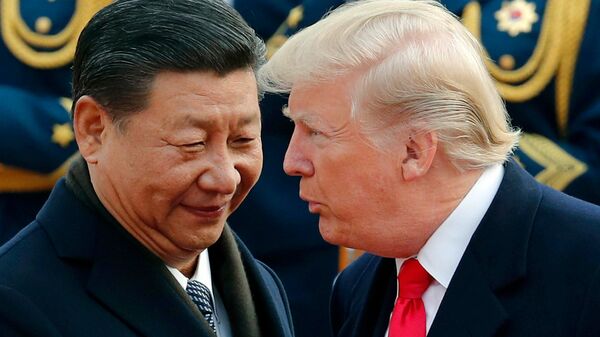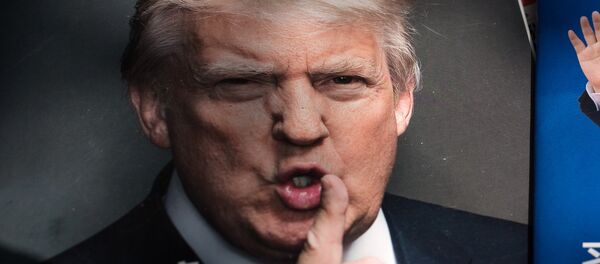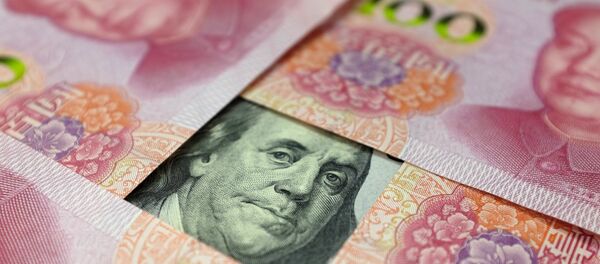Radio Sputnik discussed the impact of the latest move by the US to arrest a Chinese national on spy accusations with Andrew Leung, an independent China strategist based in Hong Kong.
Sputnik: What is your comment on the latest Chinese spy story in the US?
Andrew Leung: These spy stories, whether true or not, are nothing new. It's happening all over the world; you can see them in movies. But that is only the tip of an iceberg; there's a much bigger picture behind these stories. The big picture is that what we're seeing is not just a trade war between the US and China, it's not just focusing on various spy stories and things like that; it is the manifestation of a change in the US-China relationship.
Sputnik: If we look at all of the recent allegations, they seem to coincide with the reasons behind Trump's trade war. The reason that he gives is that China is gaining access to high technology unfairly, as well as copyright concerns; do you think that there's really a single reason for this shift in US-China relations? Did something cause it or is it just Trump's worldview and his approach?
These worries are there sometimes; some local governments and some Chinese companies are using unfair means to force the transfer of technology, proprietary technology. And, of course, it's a fact that China is not opening up all over the place because China learned a big lesson from the collapse of the former USSR.
The former USSR collapsed because it tried to open up the economy much more quickly than the situation allowed; in a year everything had to be opened up and that lead to the collapse.
READ MORE: Twitter Loses It After Trump Says China Respects Him for His 'Very Large Brain'
China learned a big lesson from that; certain sectors of the Chinese economy remain not as open to foreign companies and governments, compared with the openness of these sectors in Western countries and in the US.
One has got to look at the totality of things to understand where the US is coming from, where China is coming from and what the drivers and the dynamics that drive this confrontation and the change in the relationship are.
Sputnik: Do you think that China will agree to address legitimate concerns regarding technology and copyrights? Do you think China has the will to come back to the negotiating table with the US, or have we gone beyond the point of no return? Perhaps, China has just understood that the US is unhappy about their growth and about them possibly being a threat and a very strong competitor; if that's the case, what do you see as the new trajectory for Chinese development? Are they going to steer away from the US or is there still a chance that we're going to see some kind of reconciliation?
READ MORE: Beijing Refutes Trump's Accusations of Mid-Term Election Meddling
Andrew Leung: This is a very good question because we are seeing a reset of the old world order. The older rules are written mainly by the US and its Western allies after WWII when the US was the only hegemon, the only superpower that dominated all fields of businesses, not only the size of its economy, the leadership in technology, not only ideology and all the institutions like the World Bank or the IMF and of course the supremacy of the US dollar, which has been unchallenged, even now. All this translates into the great power and influence that shakes the world order after WWII.
The views and opinions expressed by the speaker do not necessarily reflect those of Sputnik.



